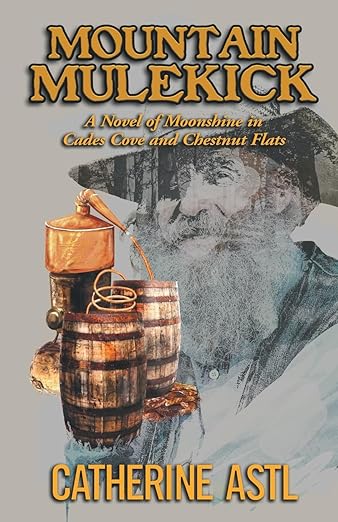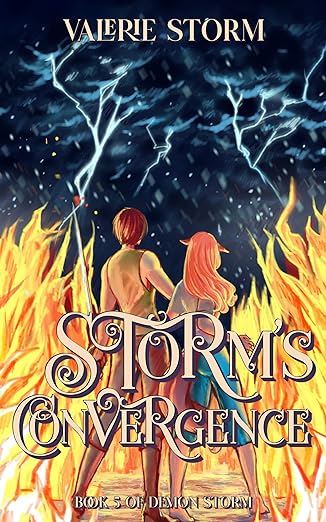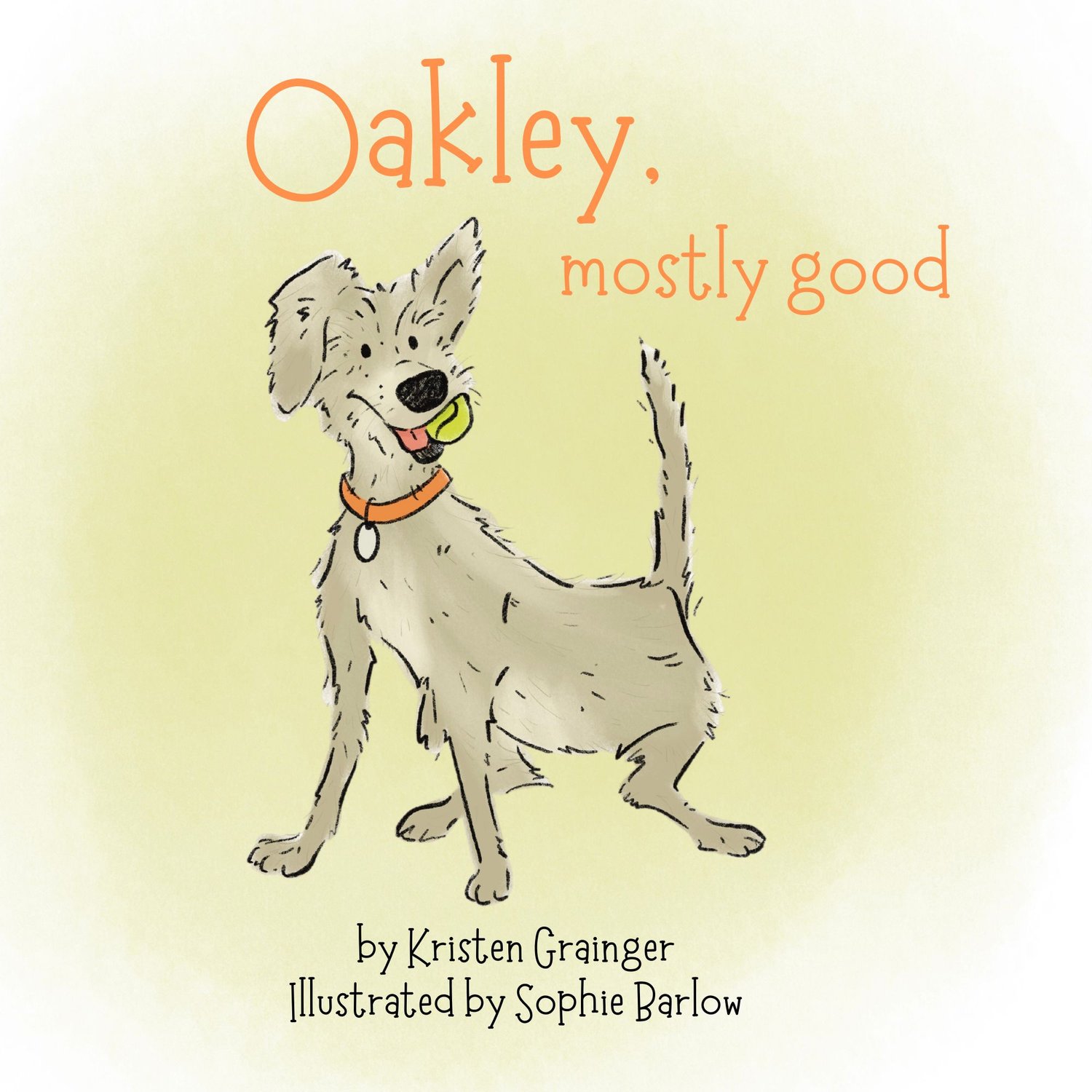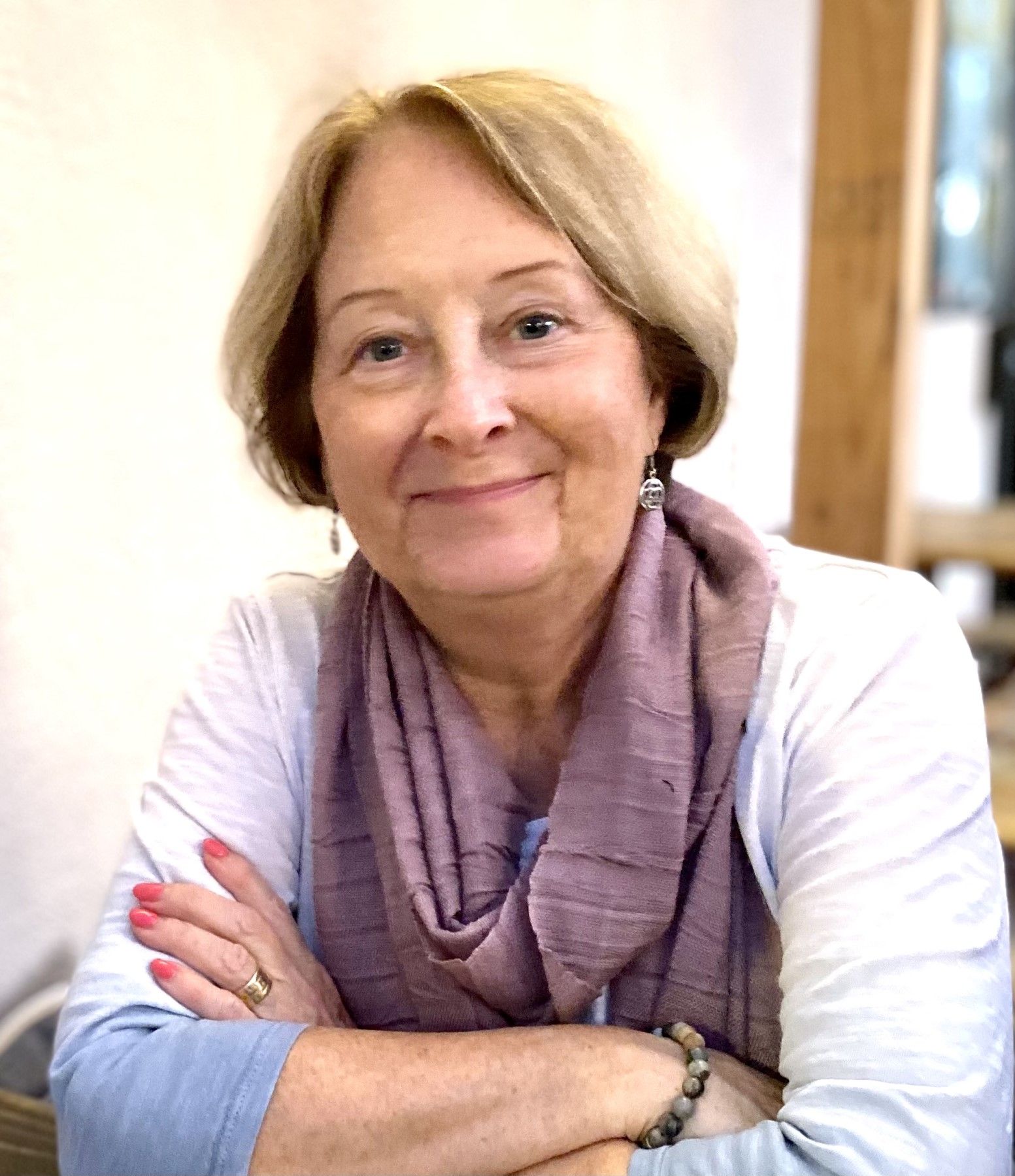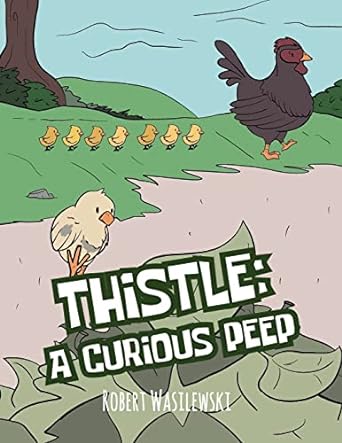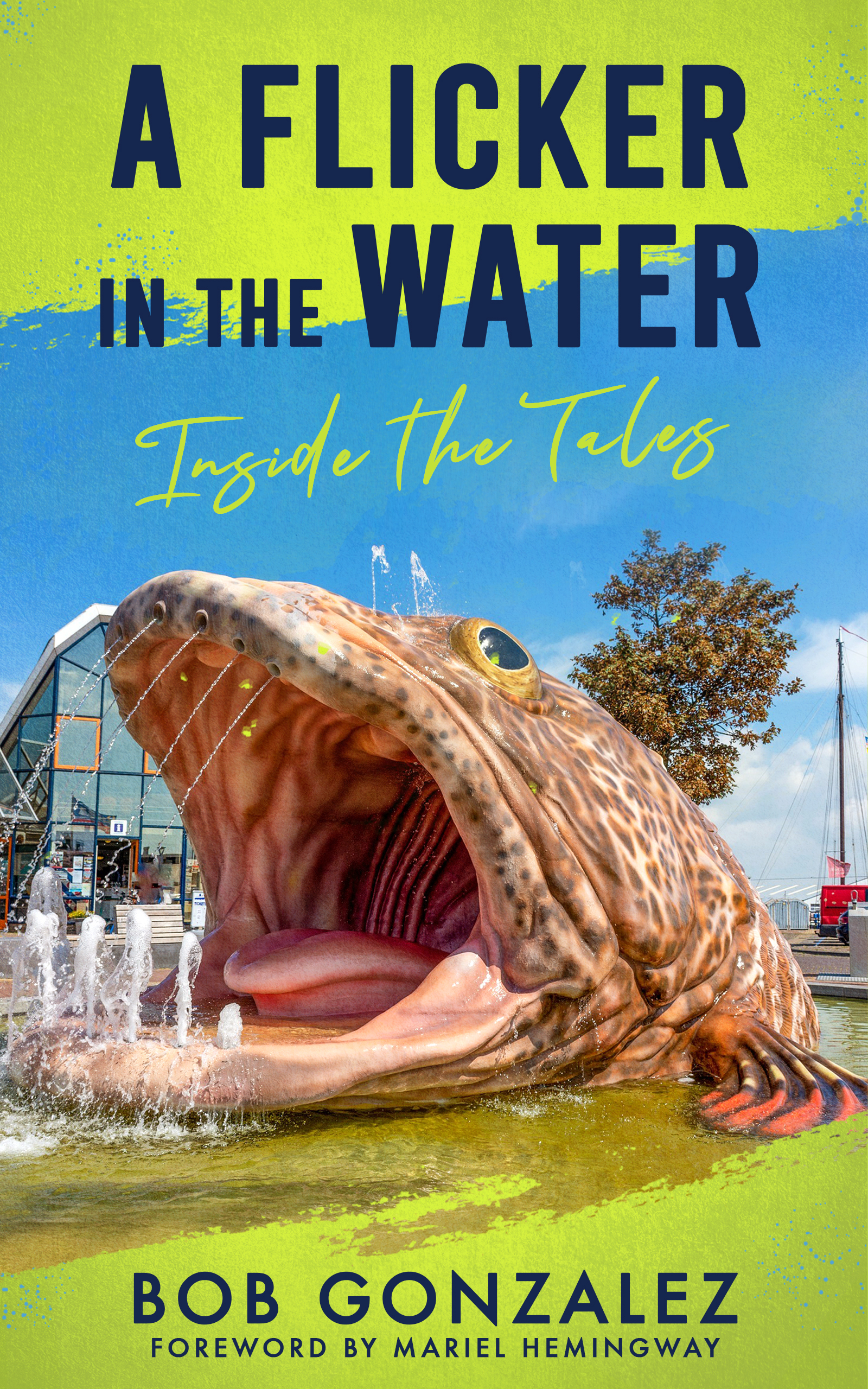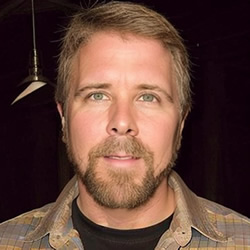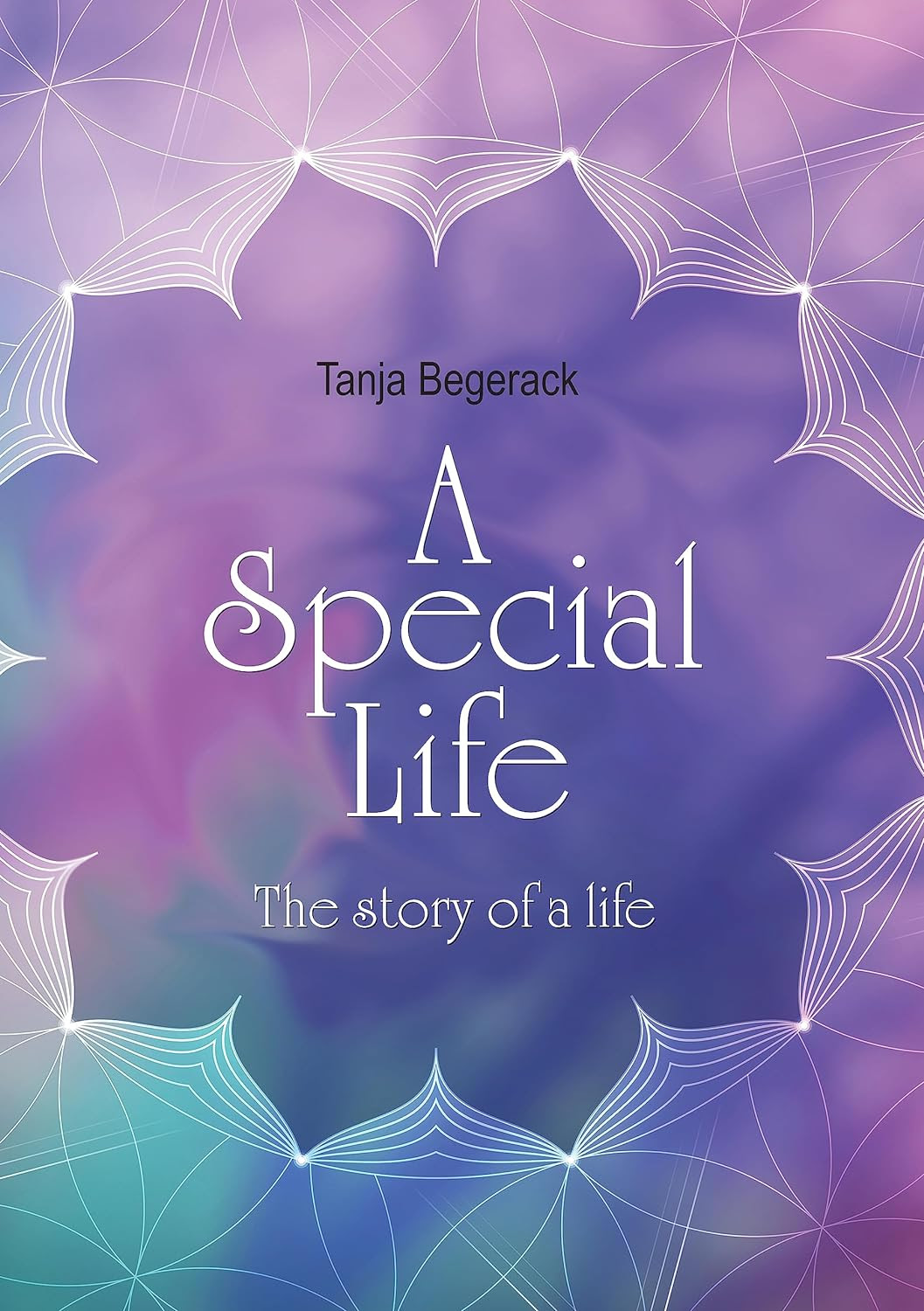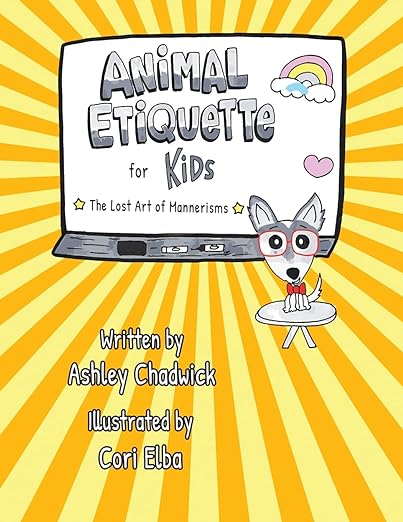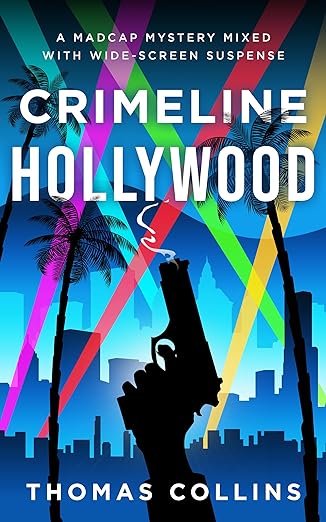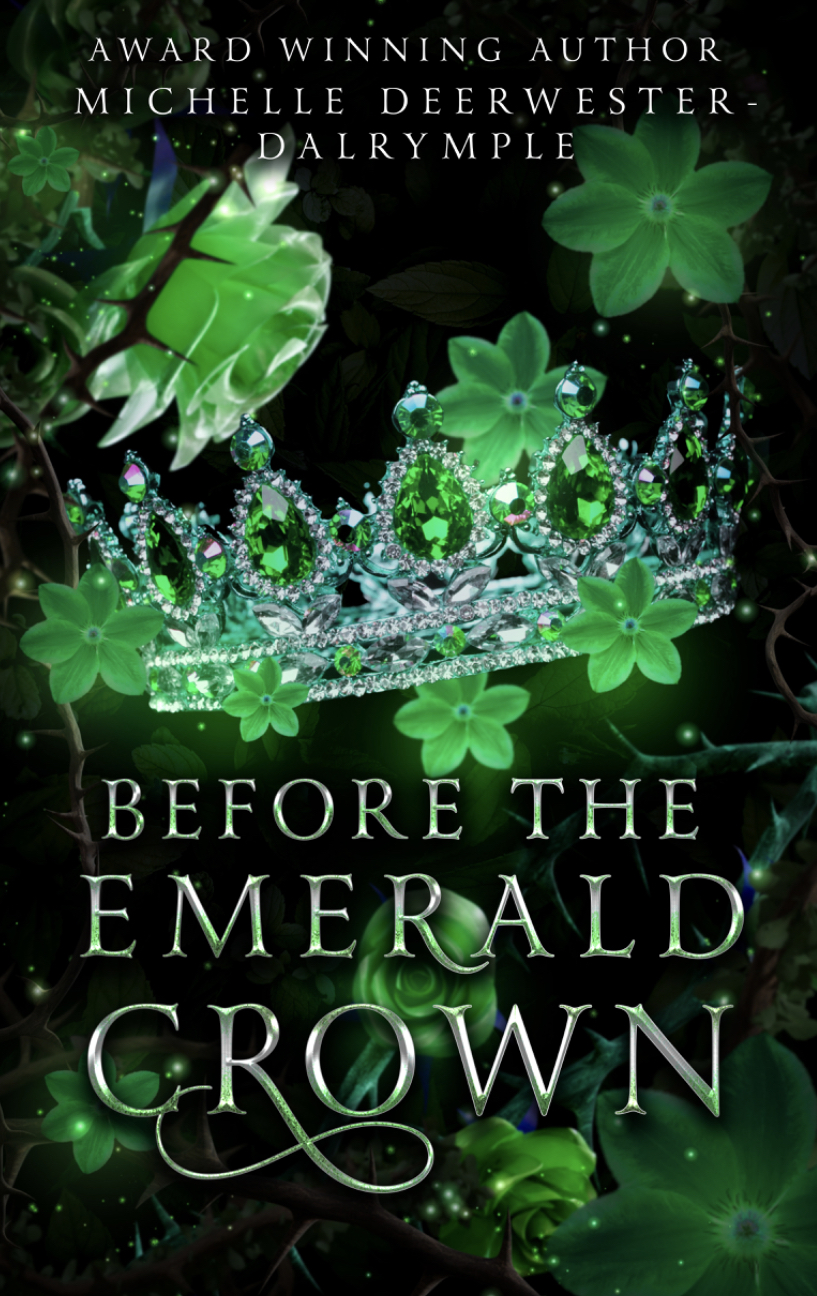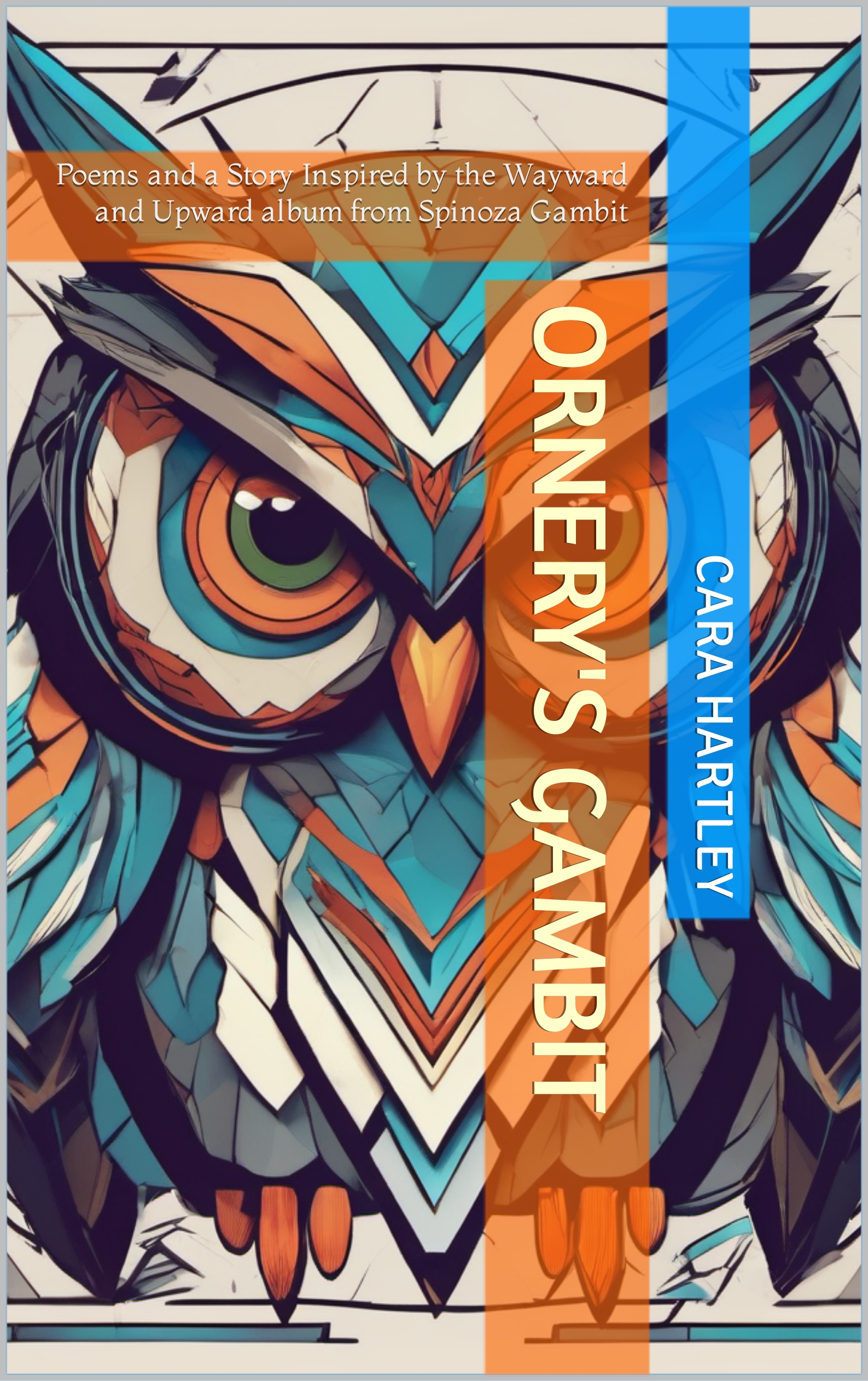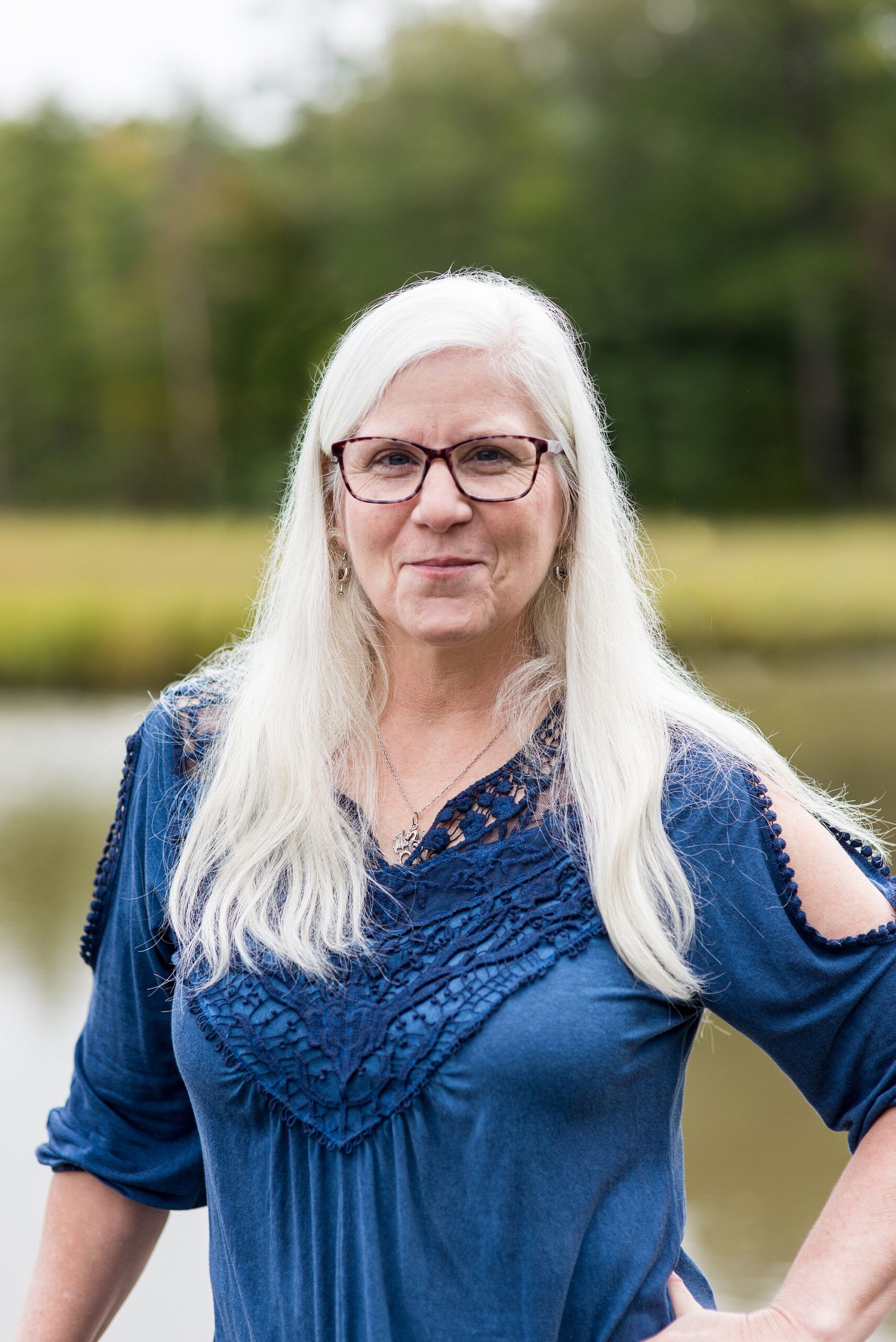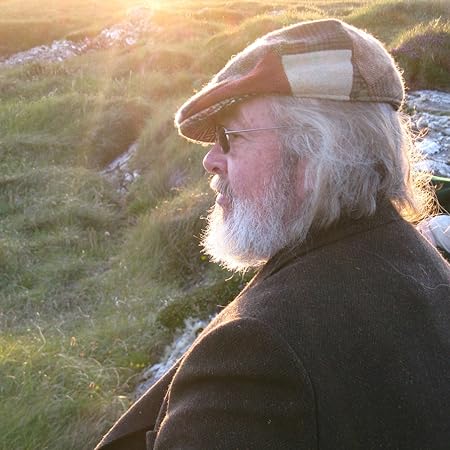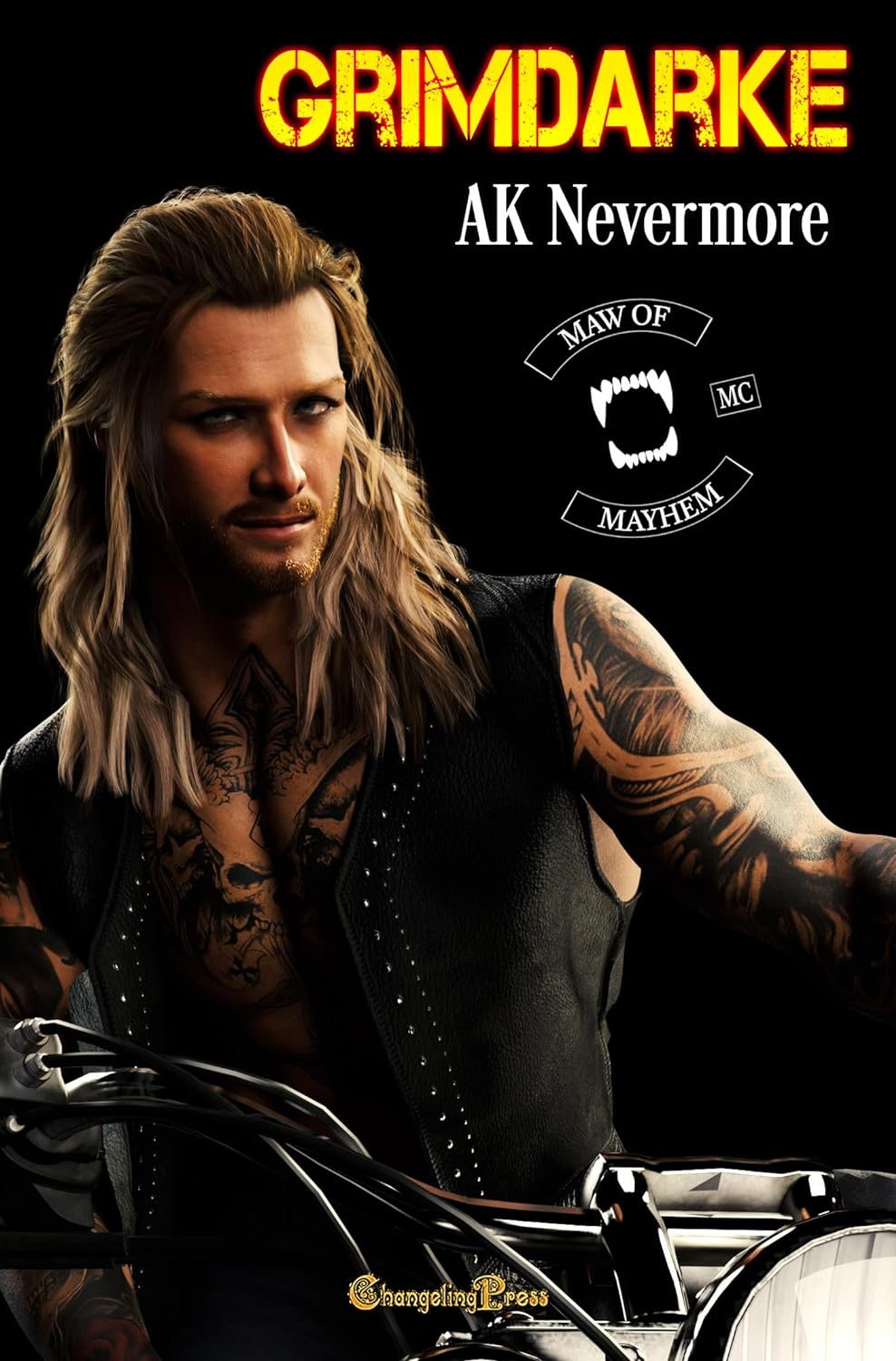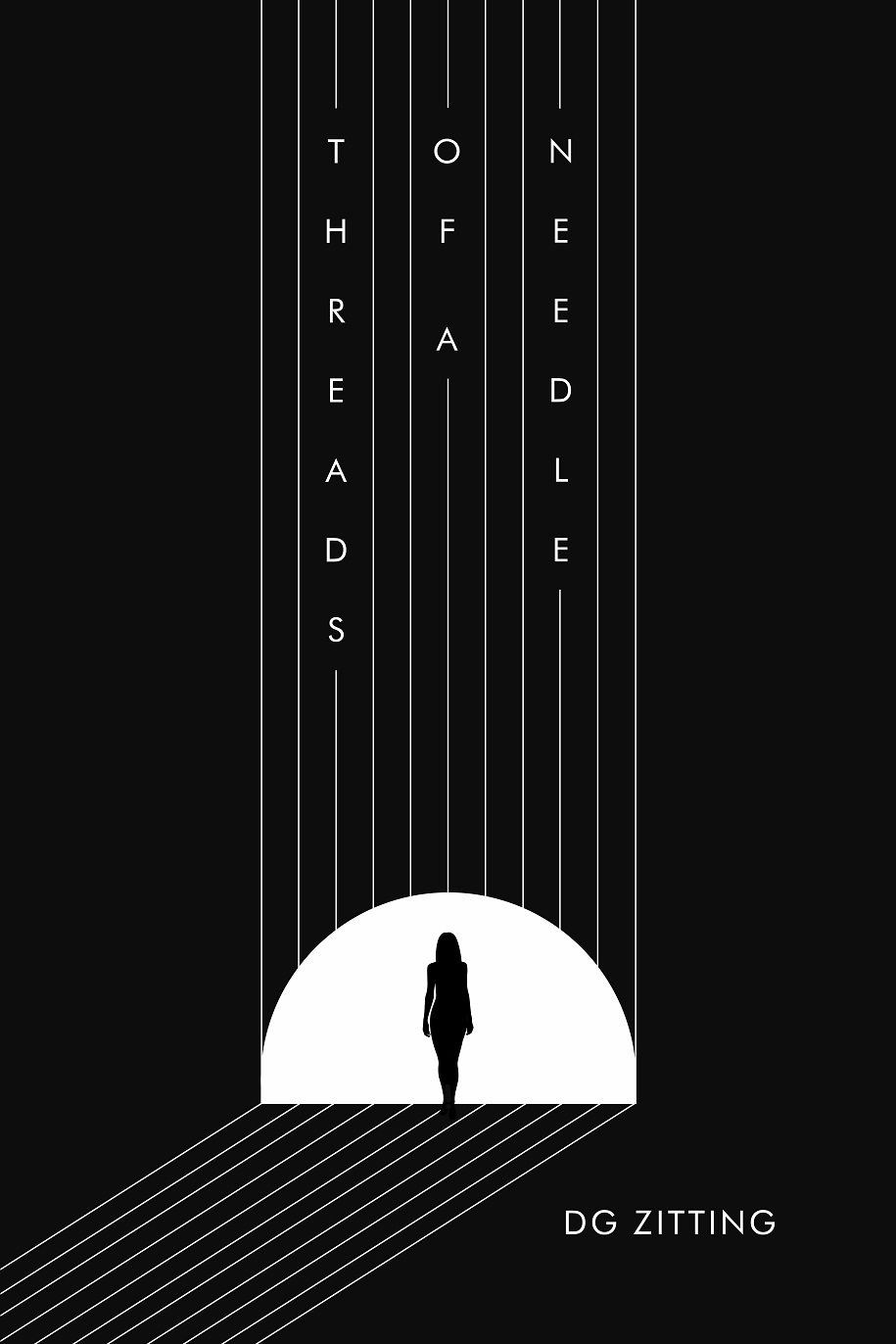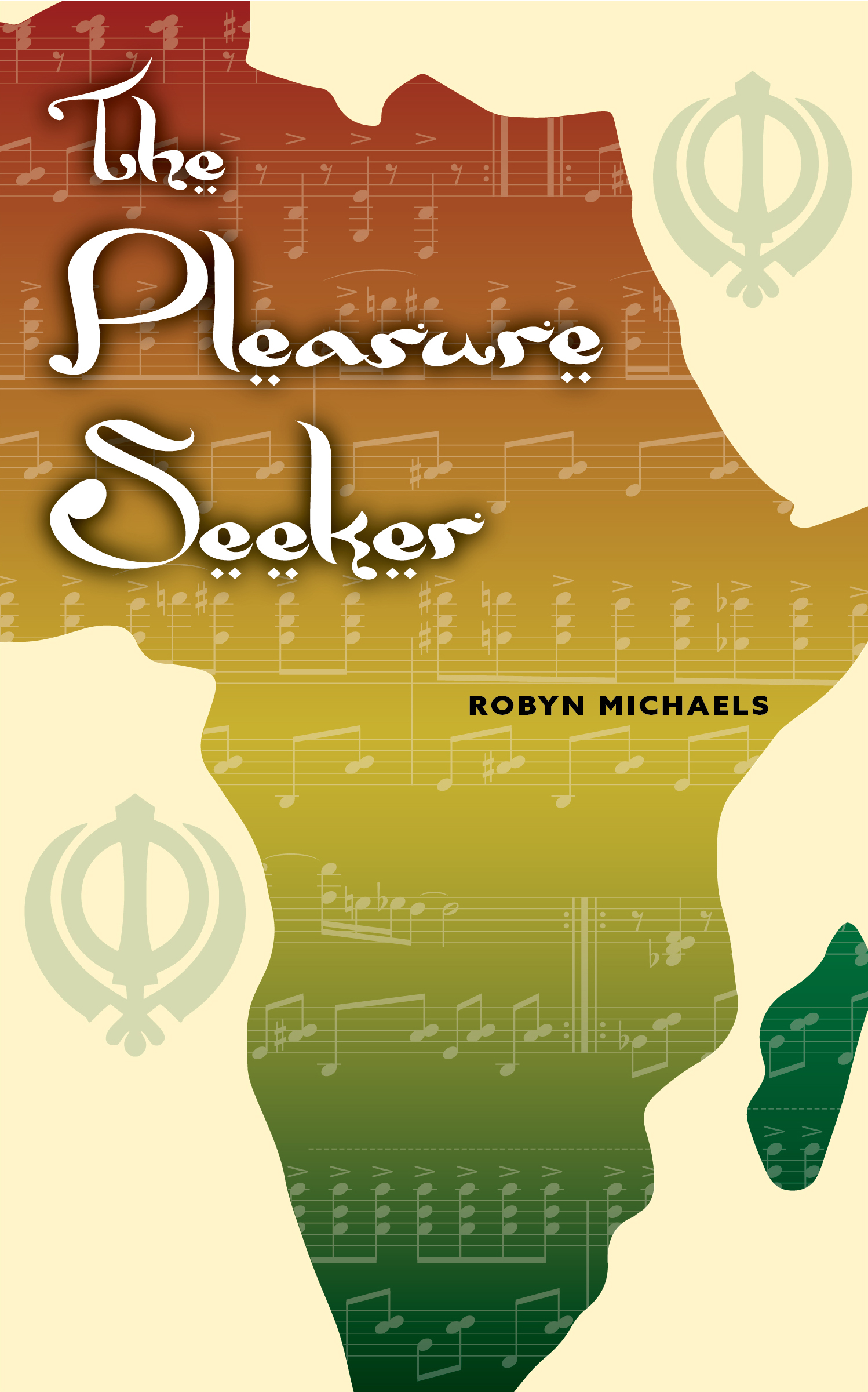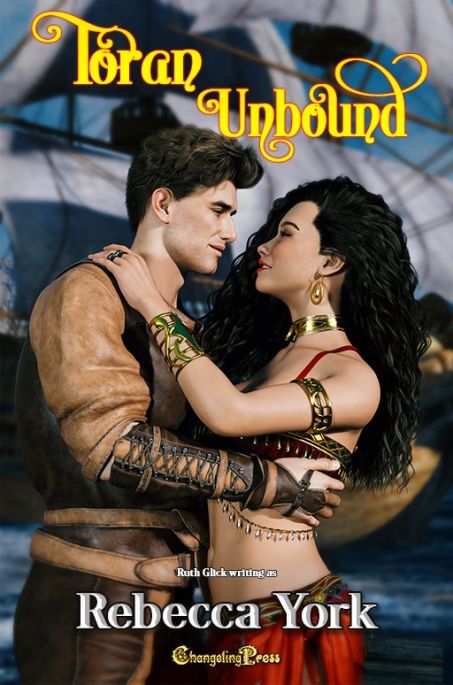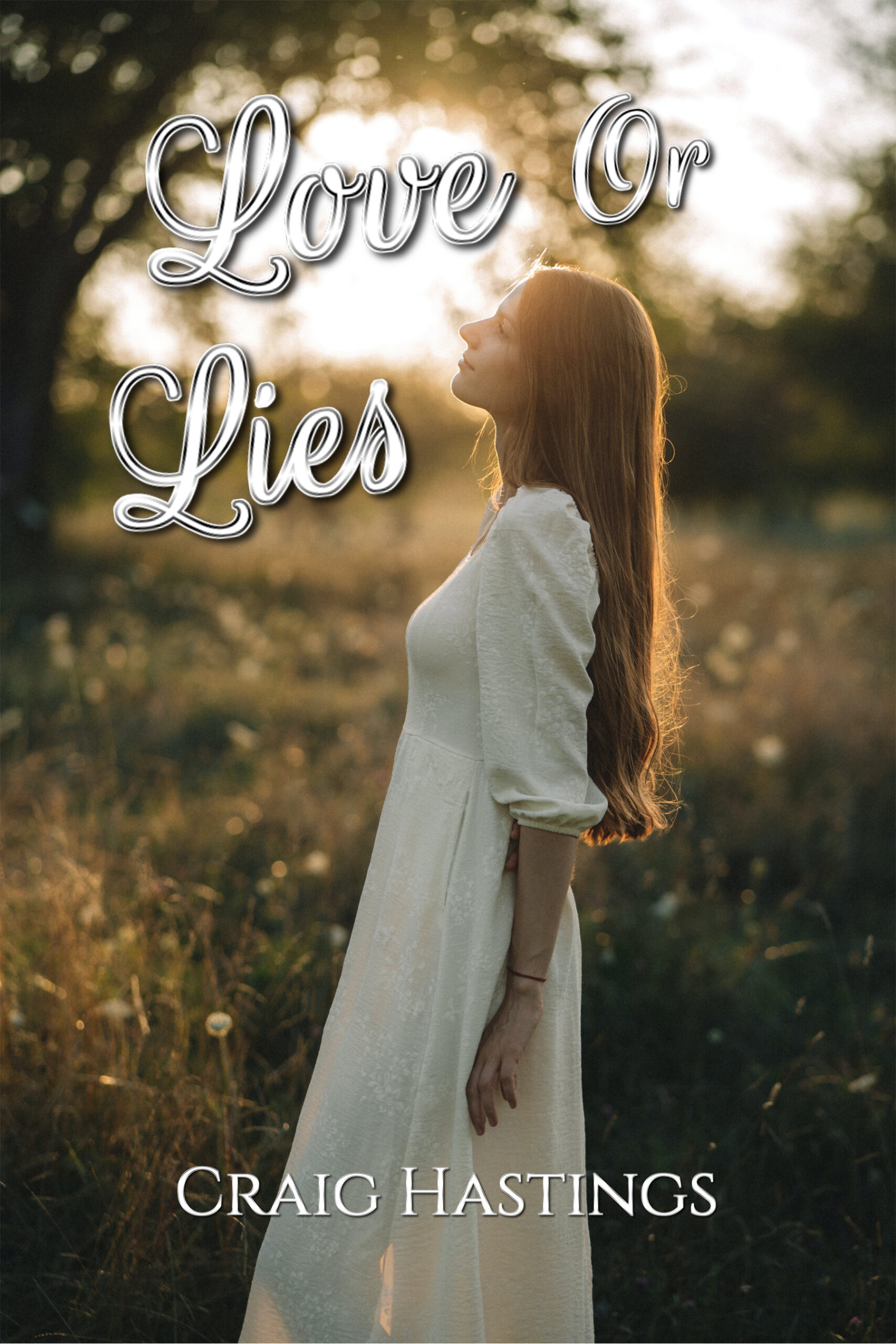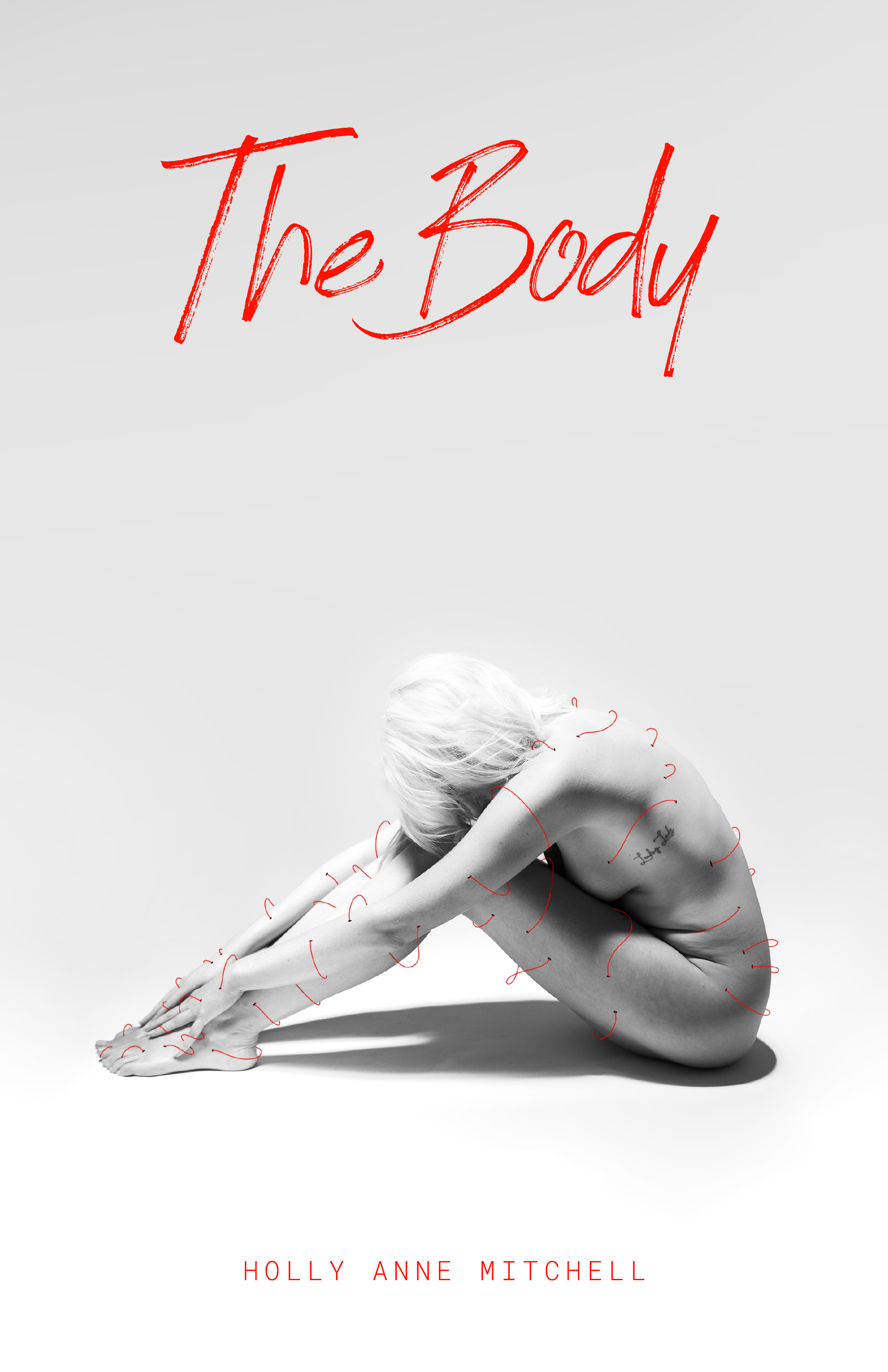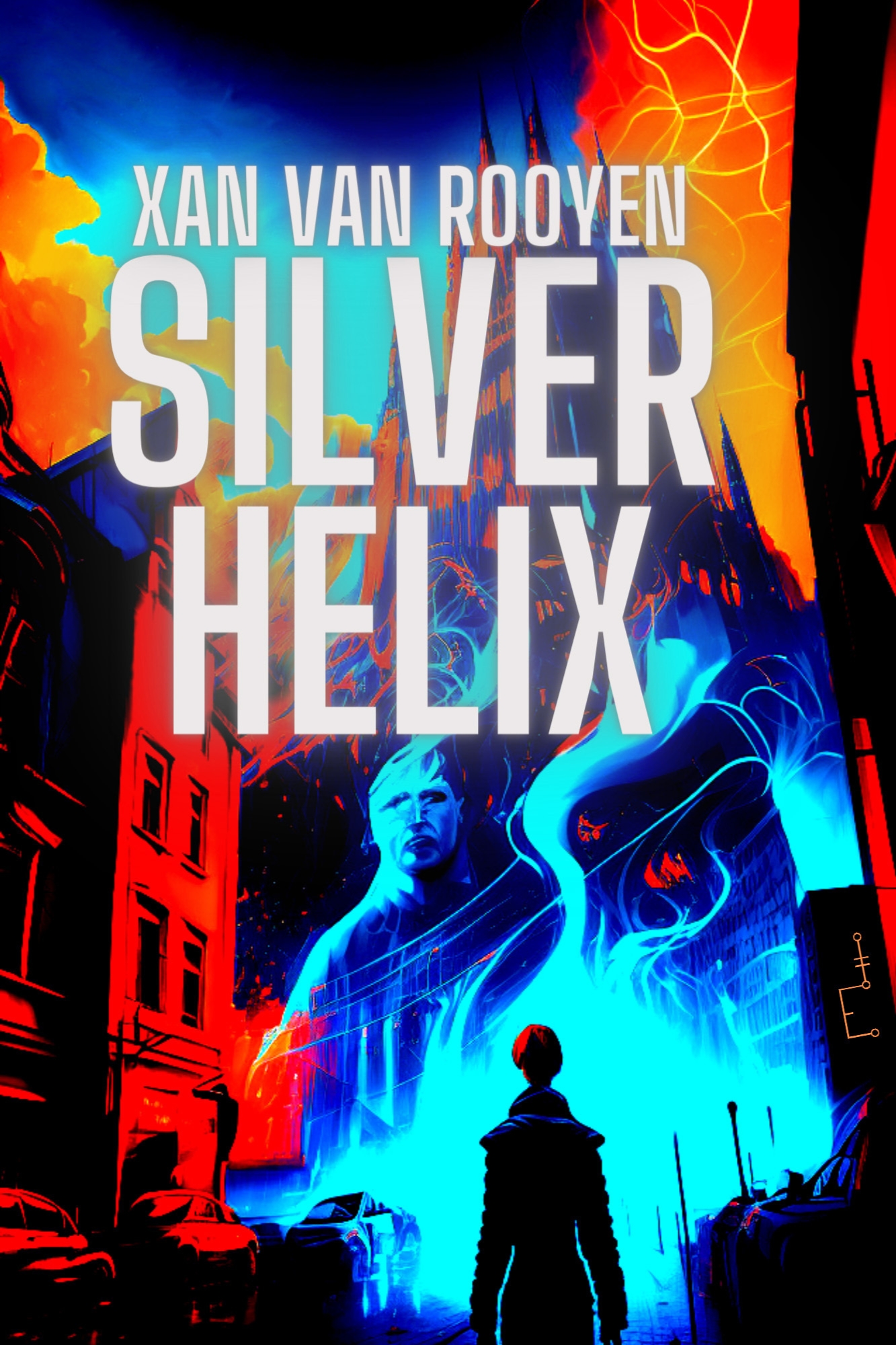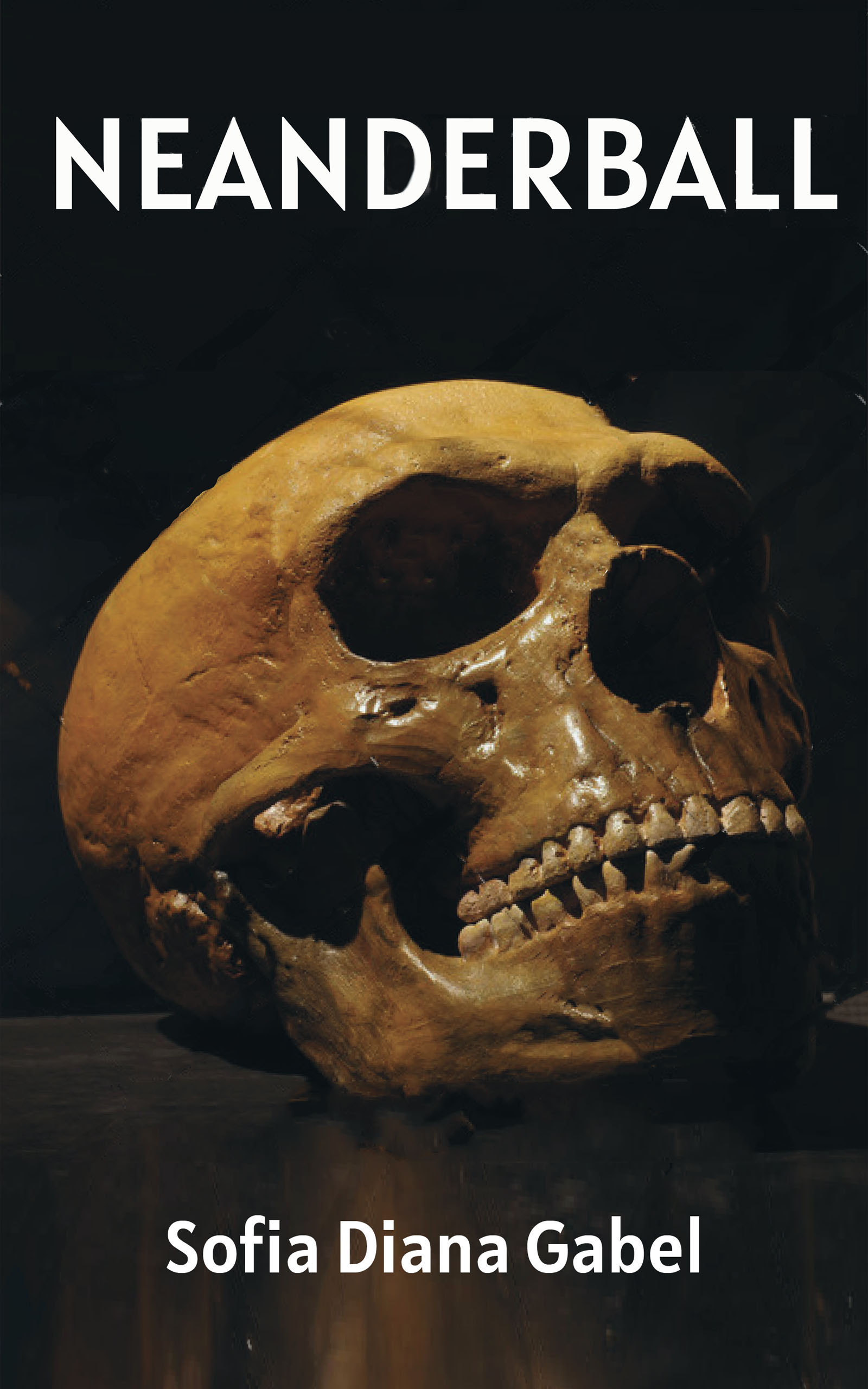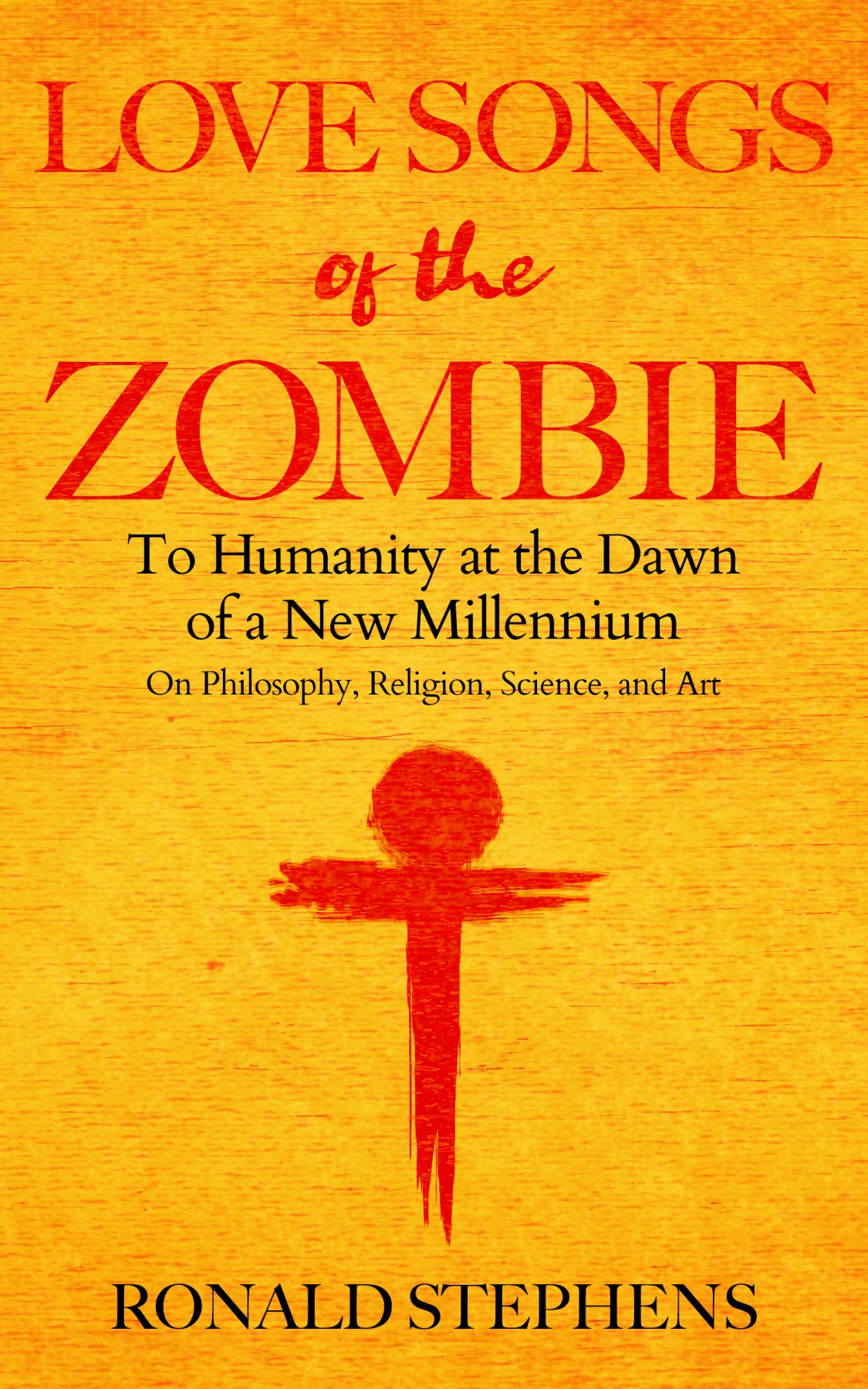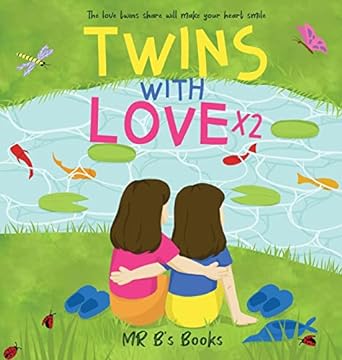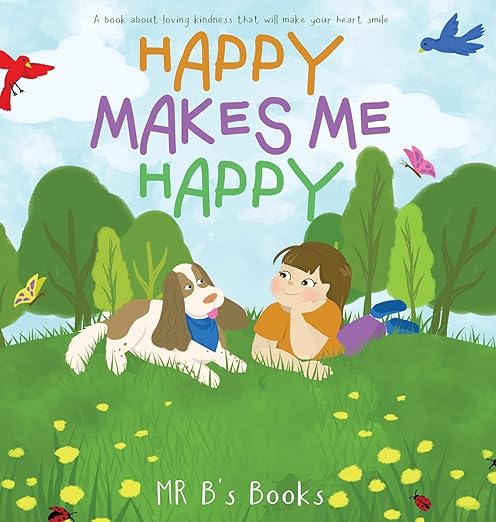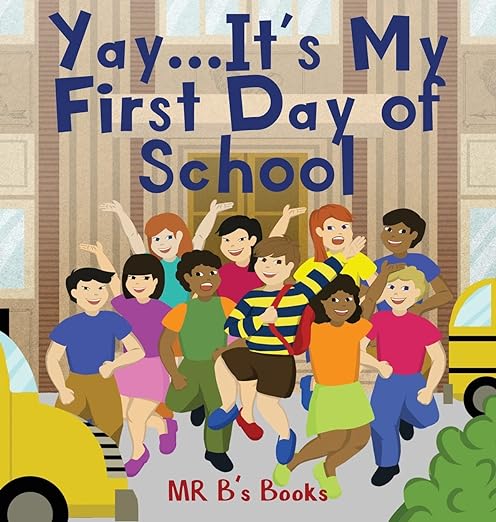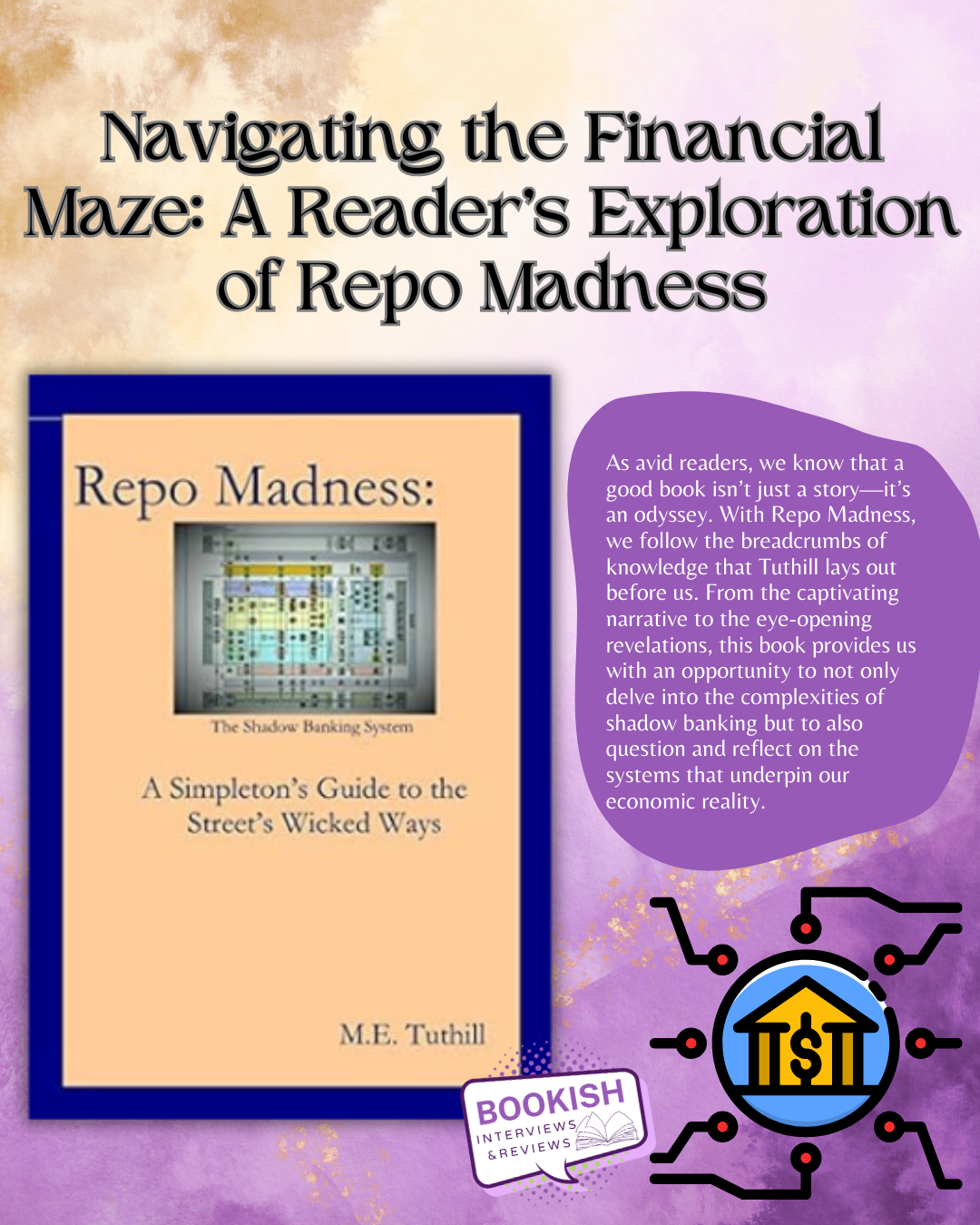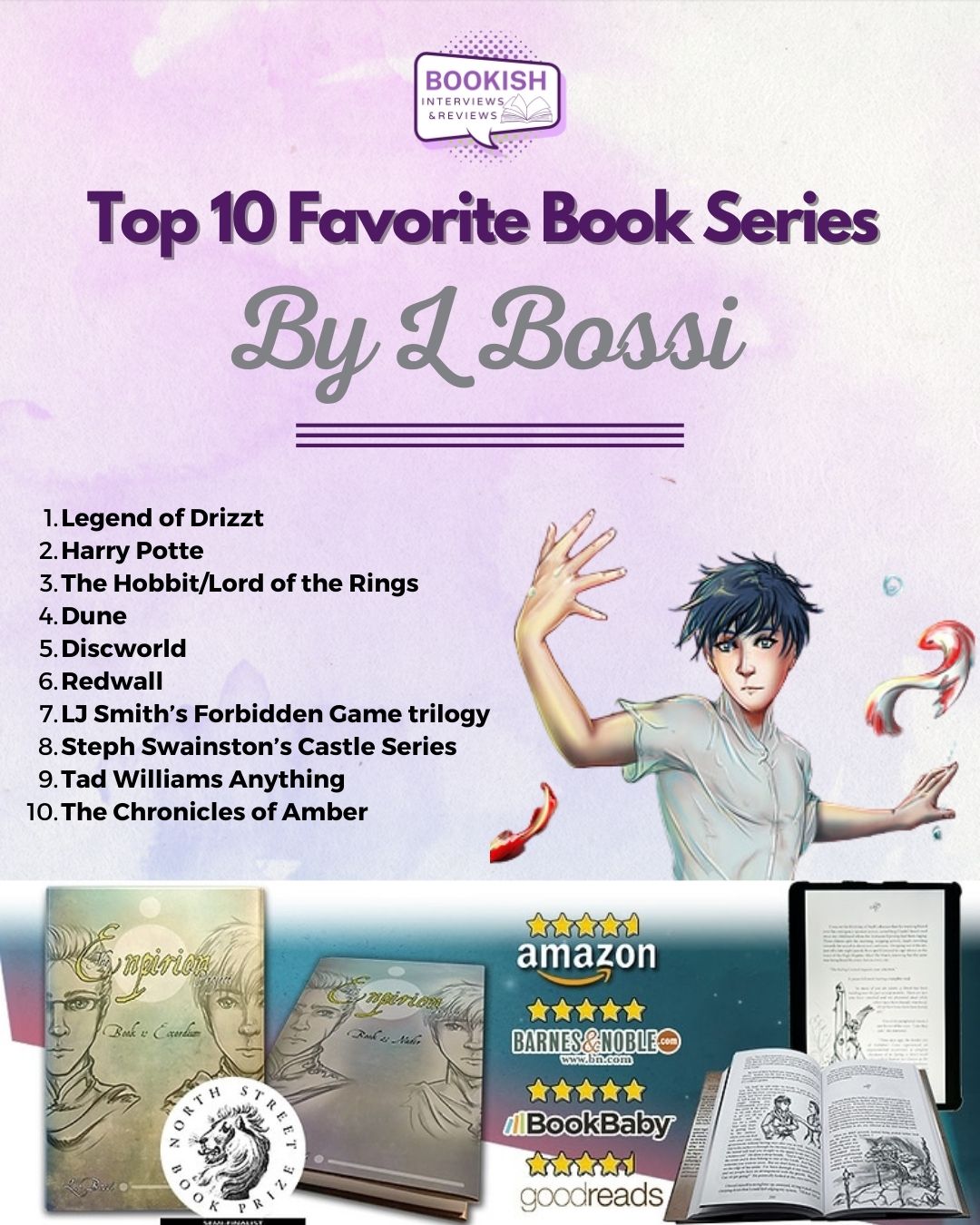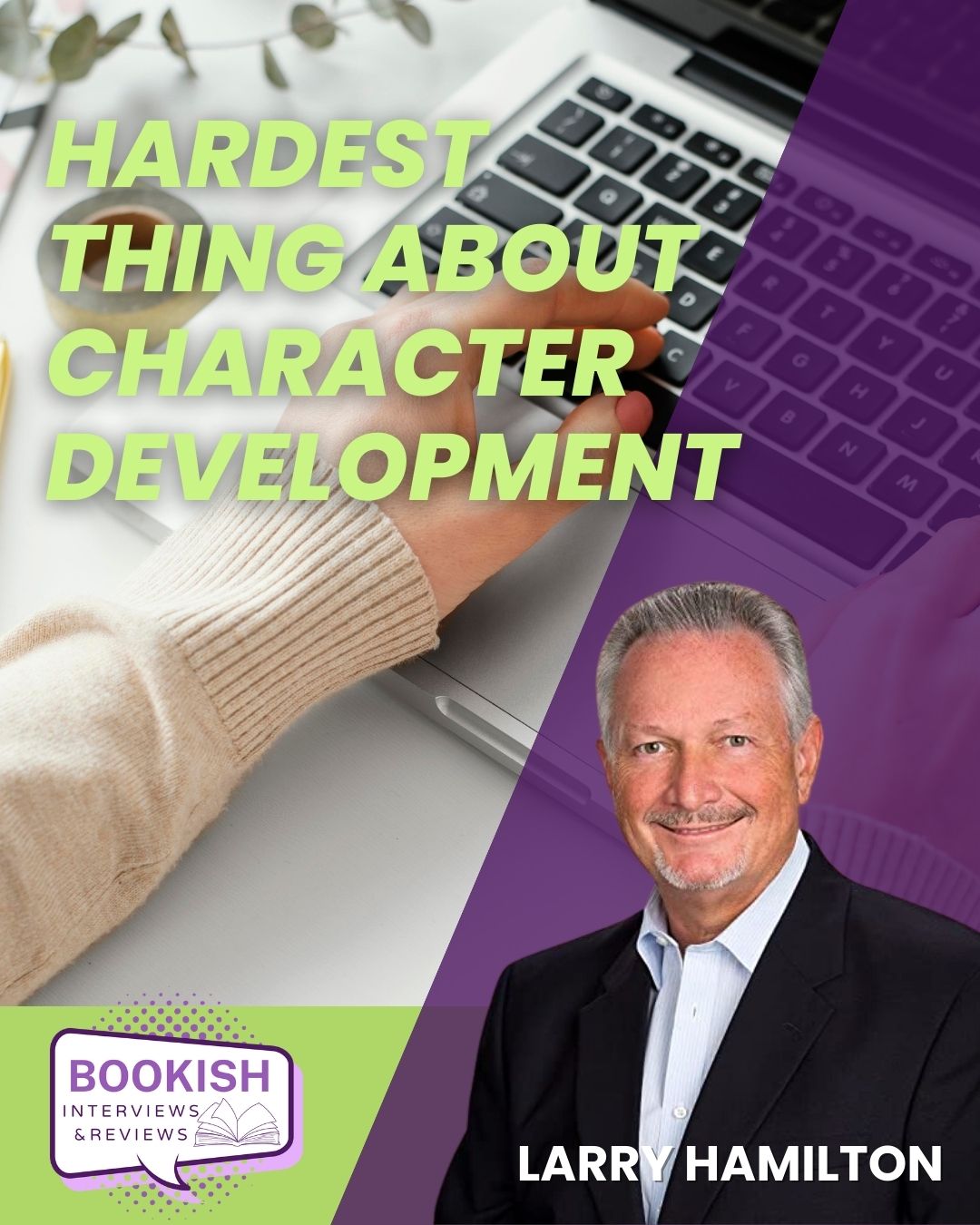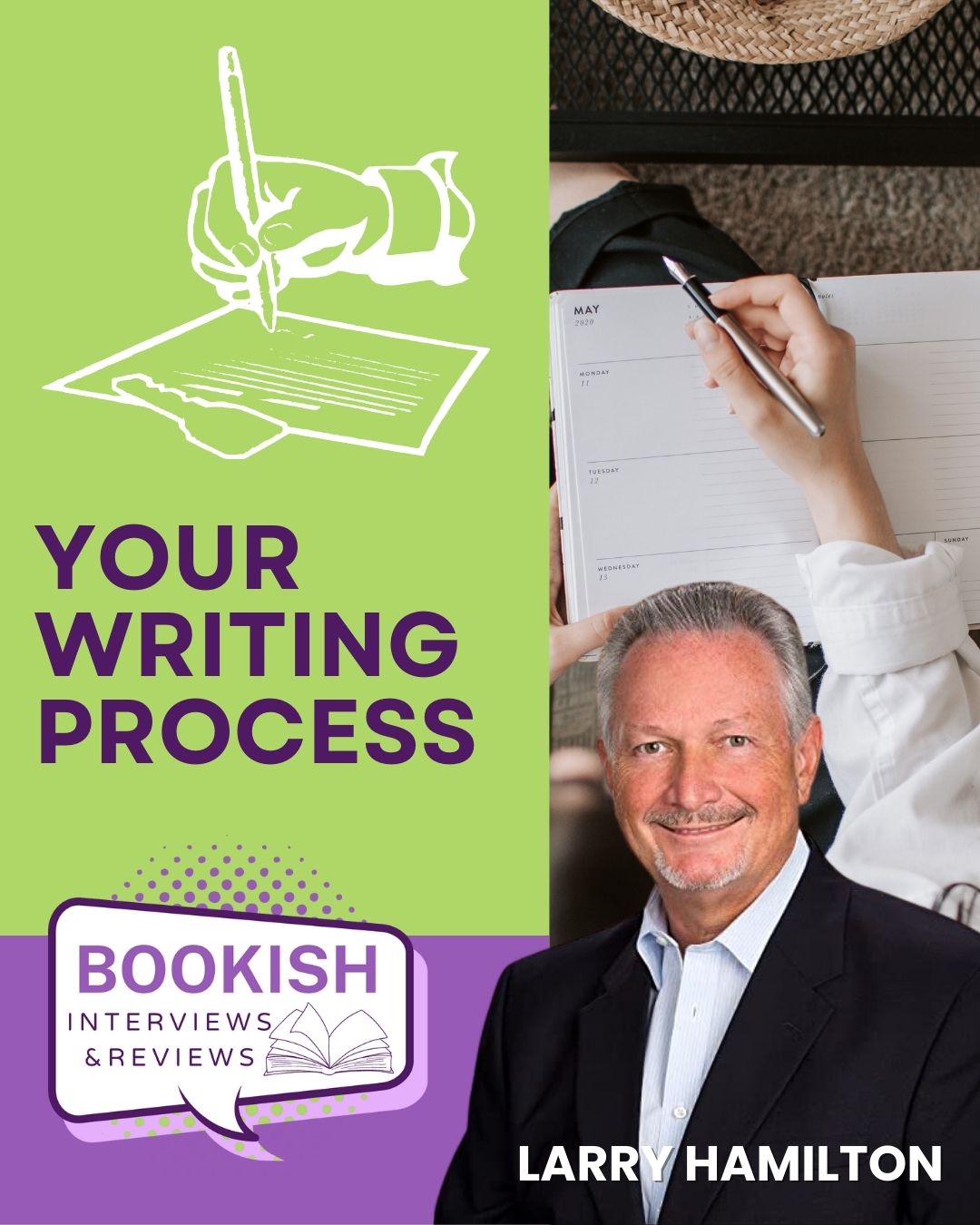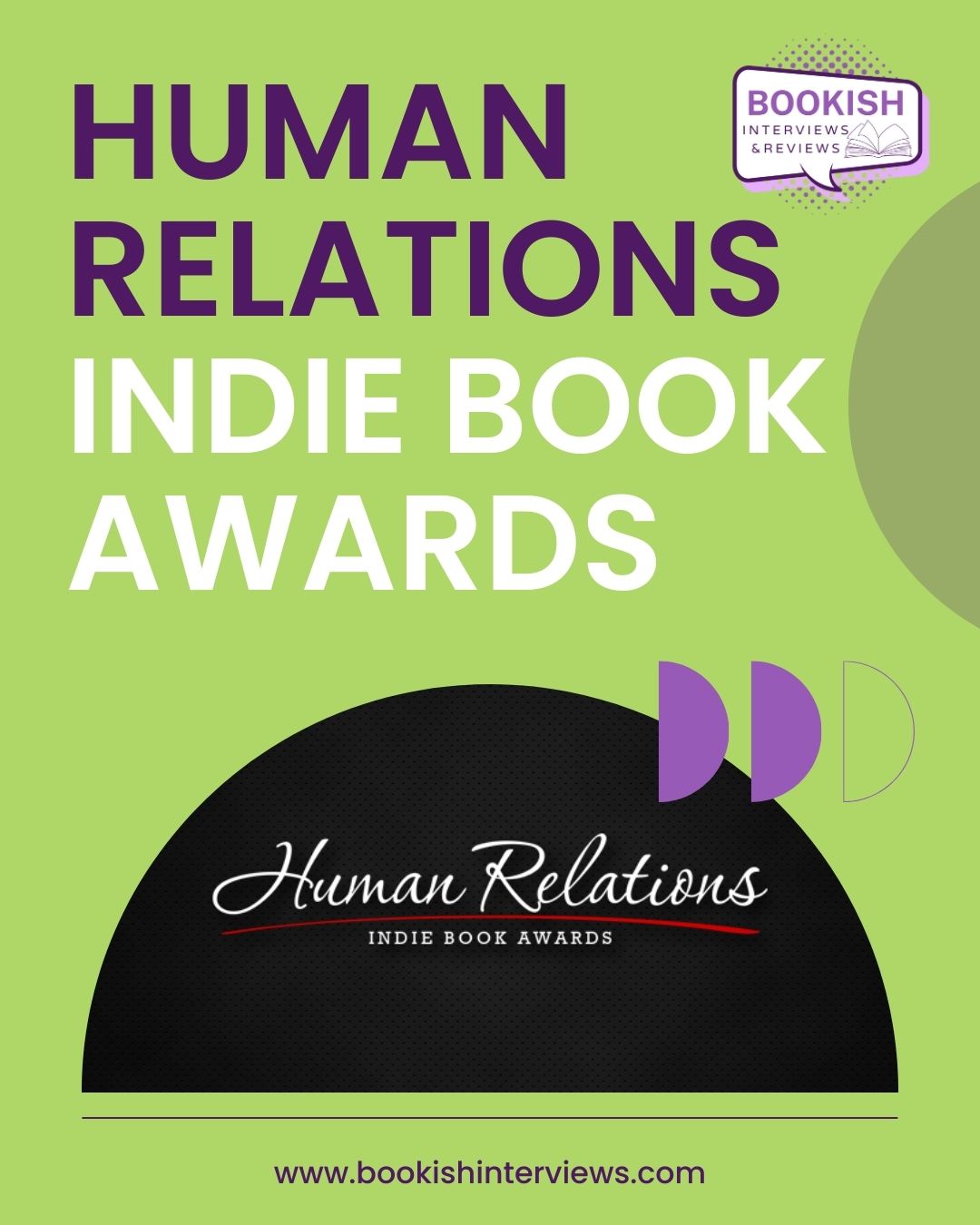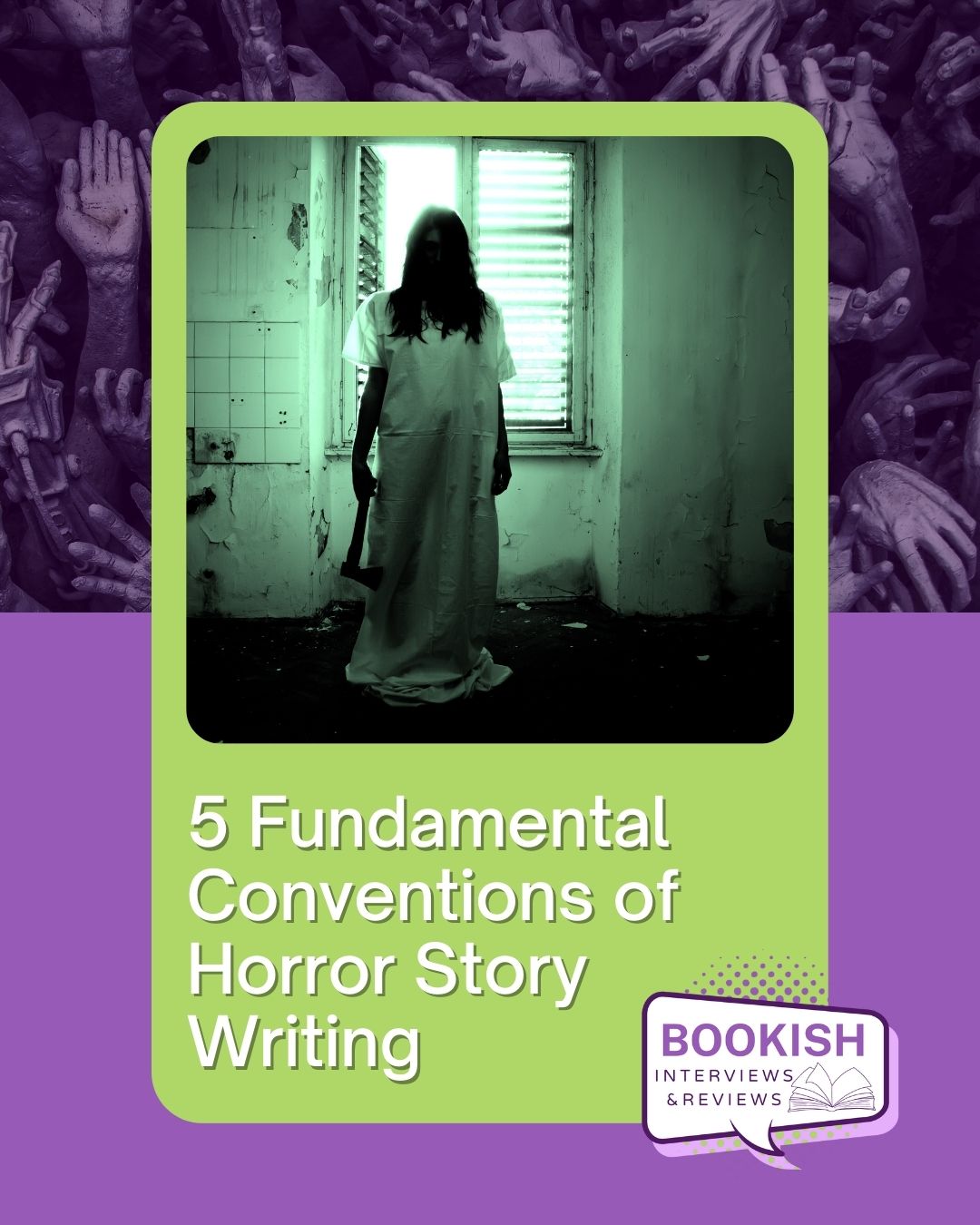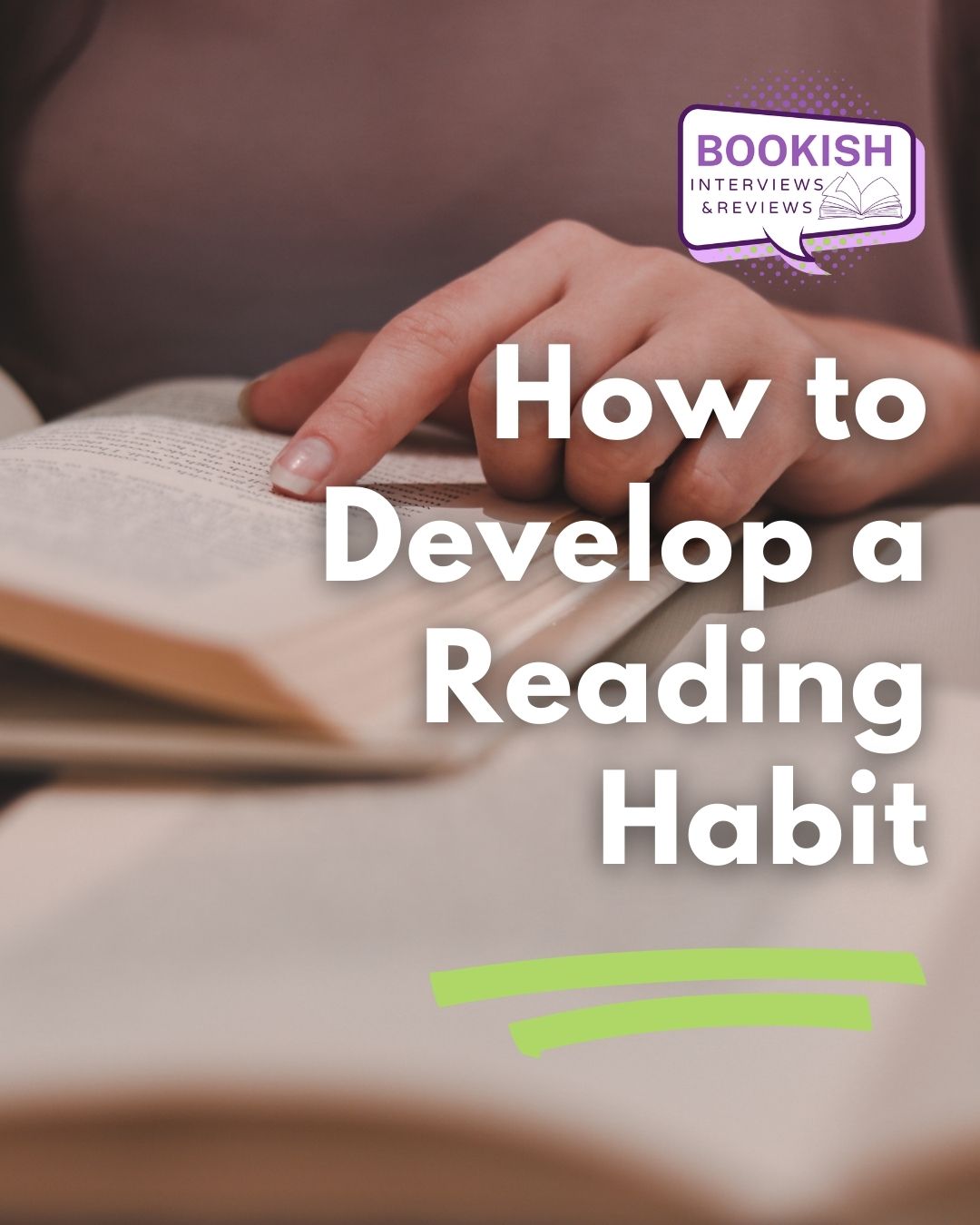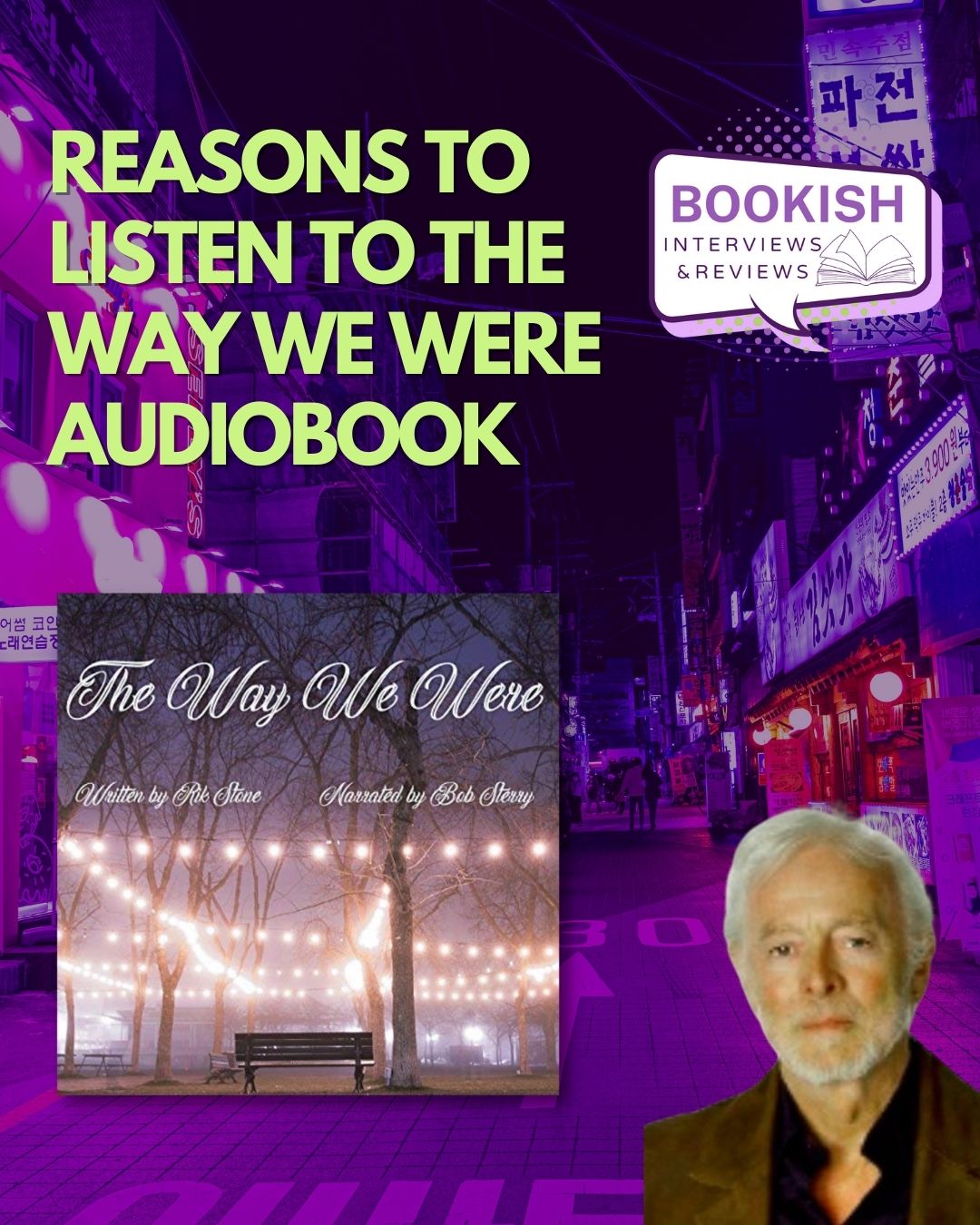In this interview, we went on a journey through the imaginative landscape of The Torch: Rising Darkness with the author Bertrand Coruscare. Throughout, Coruscare sheds light on the unique blend of fantasy and science fiction that defines his writing style. Drawing from a diverse range of influences, Coruscare discusses the challenges and rewards of merging these genres, offering insights into his creative process and the world-building techniques that breathe life into his storytelling.
Can you provide a brief overview of The Torch: Rising Darkness and what inspired you to write it
Without giving much away, The Torch: Rising Darkness begins with the disappearance of a boy and his friends who begin searching for him. Quickly, they realize it was much more than a simple disappearance and find themselves in the midst of an age-old war they never even knew existed.
As far as inspiration, as with all my stories, not one thing inspired me to write it. It was a culmination, in a sense, of other books and movies that had an impact on me. These inspired certain characters, many of which you see in the book, and I explored these characters through my imagination, what they would do, where they would go, how they would interact with each other, and with the encouragement of family and friends, I began the process of putting into a book.
How does your background in fantasy writing influence your approach to writing science fiction?
I think they both influence each other. From the start, I wanted a sort of fusion between the two, and I think they play off each other well. I’ve always loved creating worlds and stories and characters that take 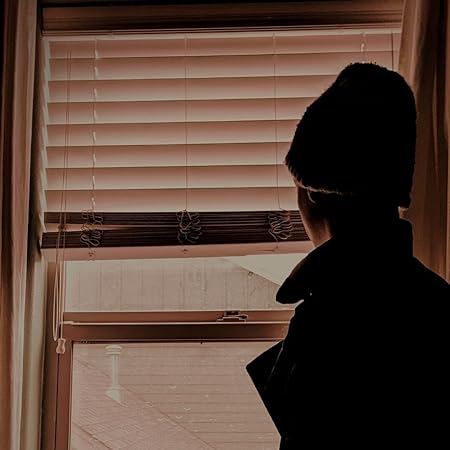 place in those worlds, and with the rapid leaps being made in the world of technology in today’s society, I am never want of new advancements and possibilities to explore in that vein. They are surprisingly easy to integrate.
place in those worlds, and with the rapid leaps being made in the world of technology in today’s society, I am never want of new advancements and possibilities to explore in that vein. They are surprisingly easy to integrate.
The title, The Torch: Rising Darkness, suggests themes of light and shadow. Can you elaborate on the significance of these themes in the book?
Again, without giving too much away, good and evil, and by extension, light and darkness play a very significant role in the story. There are very plainly defined forces of both sides, and I give detailed looks into both, particularly the people involved and the choices they make, the reasons for those choices, etc. It is my hope that readers will notice this and discern such themes in our world today and more than anything, be aware of what they are and the importance of making the right decisions.
Your protagonist faces numerous challenges throughout the story. What aspects of their character did you find most compelling to explore?
One thing I always incorporate in my stories is character development. With the main protagonist, Lazerus, we meet him at a very pivotal point in his life with a slew of different factors affecting him. We also know that he has a fairly traumatic past. Exploring, one, how he navigates present situations and ultimately grows from them was very compelling and enjoyable for me as a writer to delve into, as well as how his past experiences affect who he is as a person, and how a person’s past is never truly gone from them. That is something I touched on this book and plan to explore more deeply in future stories.
In blending elements of science fiction with your fantasy storytelling, what were some of the biggest challenges you encountered, and how did you address them?
I would say the biggest challenge in blending these two genres was finding a balance. I never wanted this story to be mostly sci-fi with a bit of fantasy or mostly fantasy with a bit of sci-fi. Chiefly, I wanted it to be a character-driven story. Finding that balance was most difficult, as well as world building. There are really an infinite amount of possibilities any storyteller faces when world-building, and with a story that is both sci-fi and fantasy, the plethora of options only grows.
Your book seems to delve into complex societal and political issues. Can you discuss how these themes are woven into the narrative?
The story is told from multiple points of view, several of which are involved in politics—a king and his guard, are the main two. With these narrative stances I hope to highlight the differences in experience of a king and, say, a regular kid like the main protagonists. There is typically a divide in our society between these sorts of people, but in Rising Darkness, the king goes against the common narrative and interacts with “common” people as an equal, attempting to bridge such a societal gap.
War is also a chief focus in the story, and I examine it from many sides, ultimately showing how it is a lose-lose situation—always. It is complicated in our society, and it is complicated in the story. A big part of the narrative is how all these different characters from all these different walks of life deal with it and how it impacts them all uniquely and individually.
World-building is crucial in both fantasy and science fiction. How did you go about creating the world of The Torch, and what were some key considerations in its development?
As I said in some of the earlier questions, a good portion of this story was sparked initially by other stories like it—Star Wars, Lord of The Rings, Harry Potter, just to name a few. In its initial phases, The Torch world was a conglomeration of all of these, but slowly, I took elements from each of them and made them my own. I knew what sort of settings I wanted, such as the almost medieval-esque nature of the king’s palace and the school, and the futuristic, technologically advanced metropolitan city. From there, I let my imagination do the rest.
The cover art for The Torch: Rising Darkness is striking. Can you tell us about the collaboration with the artist and the symbolism behind the imagery?
I was very pleased with the artist who designed the cover. Looking back, I gave them very minimal information on my vision, but they sent me a few mock-ups about a week after, and they were both very well done. The finished product you see on the cover is a combination of the two.
Without giving away spoilers, can you hint at any surprises or twists readers can expect in The Torch
Not without any spoilers. But, I can say that, given the fantasy side of the story, I deal a lot with the supernatural and spiritual realms. I play with these elements and how they bleed over into the world as its told in the story. I can tell you now that it certainly does, and that it plays a very big part in the story as a whole, but where these elements come in, I think, is the big twist.
I know that’s a nebulous answer, but anything else will spoil it.
What do you hope readers take away from The Torch: Rising Darkness, and do you have plans for future installments in the series?
In all honesty, there is not one thing I hope readers take away from this story. But, it is my hope that they take away something—whether an attachment to a specific character that makes them feel seen or validated in some way, a certain experience they may feel no one understands, and at the very least, enjoyment—the satisfaction we all get from escaping into a story for a while. Whatever it is, I am simply grateful that someone has taken the time to read my story.
And as far as future installments, I feel they are inevitable.
Find the Author
The Torch: Rising Darkness
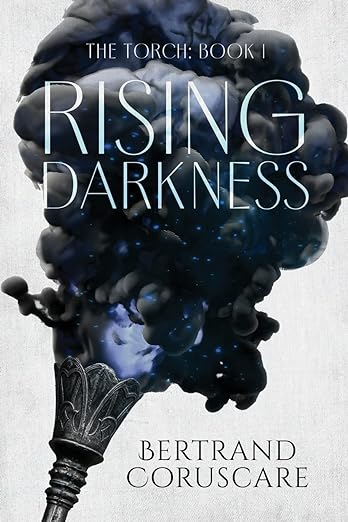 “He wanted more power, and more control. When I was with him, that seemed to be his main goal.”
“He wanted more power, and more control. When I was with him, that seemed to be his main goal.”
“What other power was there?”
“Oh, more than you could ever know.”
Bertrand Coruscare’s first novel, Rising Darkness, is the beginning of the epic The Torch series. Lover of the mysterious, the heroic, and the refined, he fills his days with dark stories, warm drinks, and a touch of sarcasm.
Bertrand resides in the Pacific Northwest, where he is pursuing a degree in English. He often wanders the ancient forests of imagination, guided by ambition, that azure flame.



